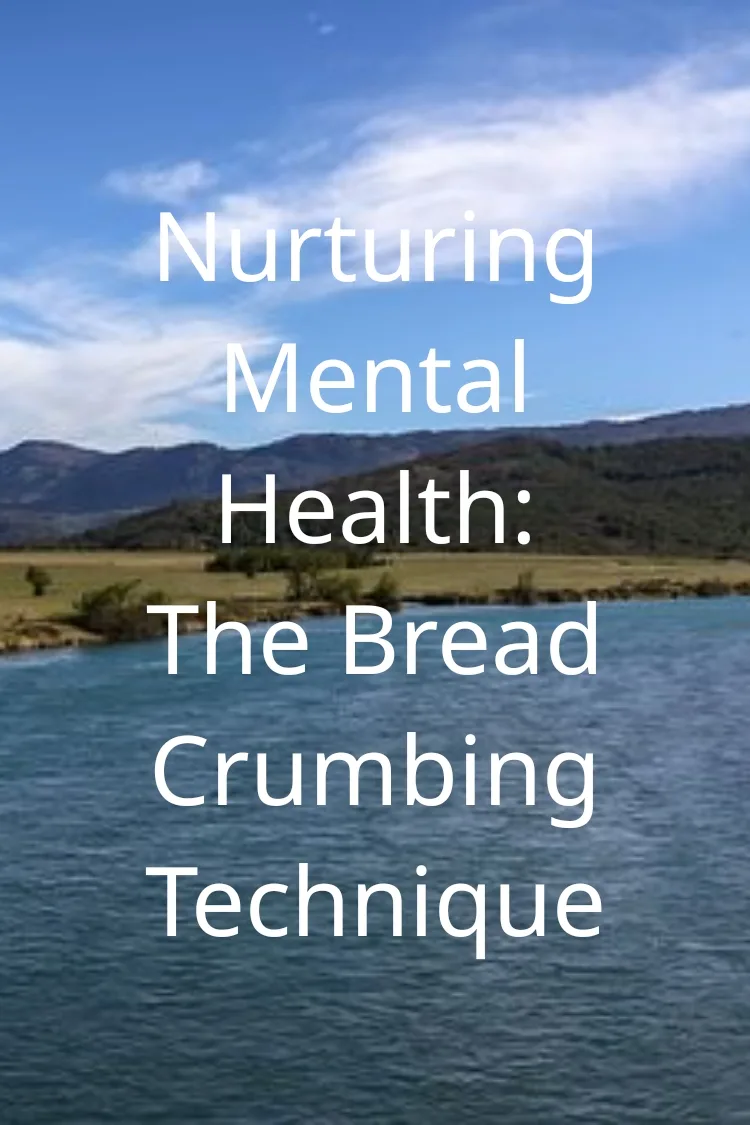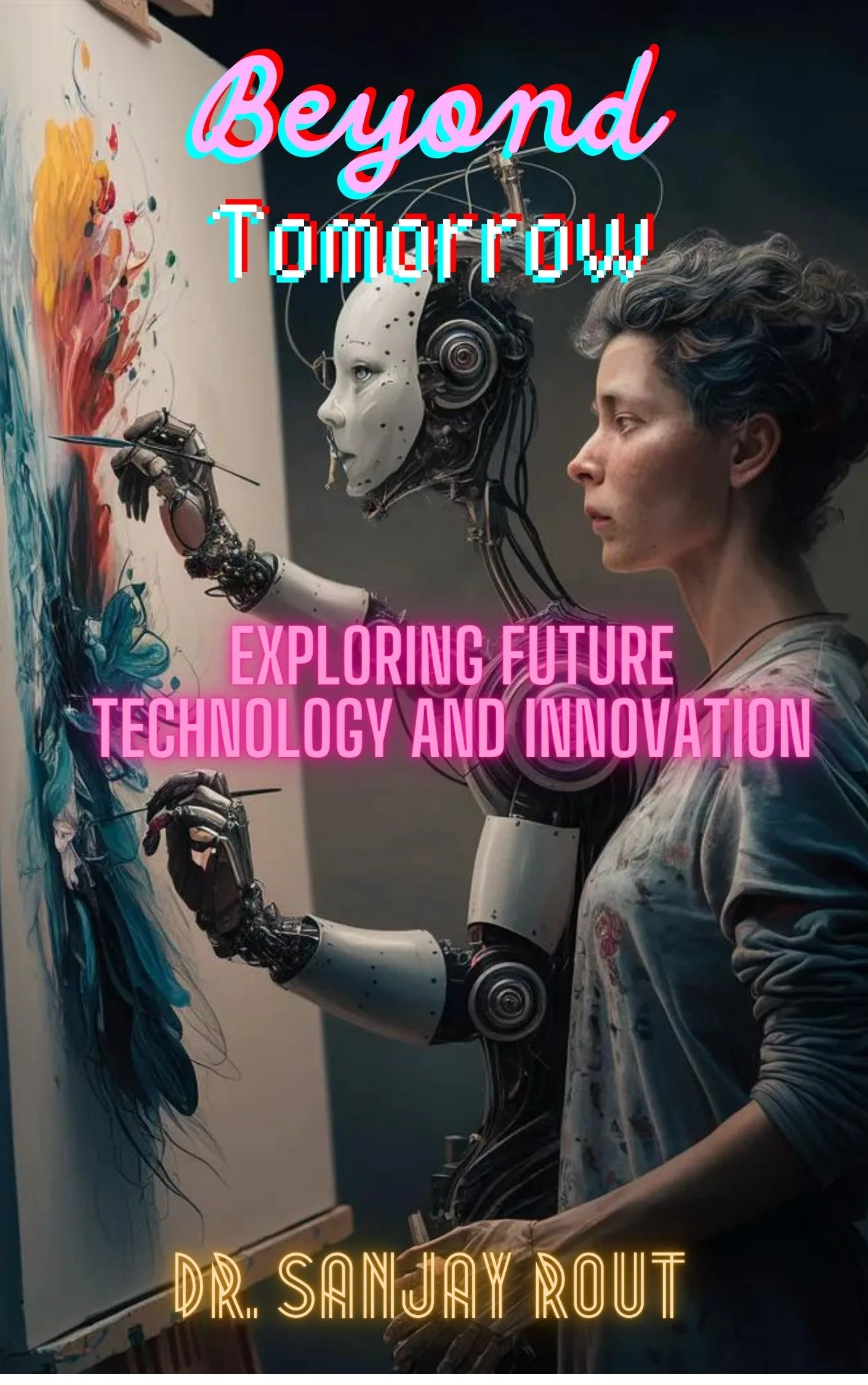Government is gradually increasing spending in social sectors and PPP (public private partnership) model has become the buzz word where increasingly collaboration with private sector is sought after to get the highest quality of output in limited time. The private sector is also expanding its CSR (corporate social responsibility) portfolios to underline its commitment to alleviating social problems and to refurbish its credentials as a responsible social citizen. This has implications for the NGO sector.
It is helpful here to identify what are often seen as ‘unique competencies’ or ‘roles’ of NGOs. Primarily NGOs are performing these four types of roles in development sector:
i. The vanguard role-whereby NGOs innovate, pioneer or demonstrate programmes or services.
ii. The advocate role-whereby NGOs act as pressure groups to advance interests or views
iii. The value-guardian role-which sees NGOs promoting citizen participation, developing
leadership and acting as watchdog
iv. The role of provider of services-which neither government nor businesses are able to assume directly or fully.
The demand for vanguard, advocate & value guardian role will persist but role of provider of services (in which maximum NGOs are involved) will suffer due to expansion of state & private sector as service providers.
NGO sector is facing many constraints (like poor human resources, Lack of Institutional Infrastructure for technical & financial support, absence of professionalism, credibility) which are hindering its growth.
What are the options?
1.Networking with the help of IT
With the changing scenario, we have to give leverage to Information Technology which can be used for networking. Each NGO should at least have an email ID and a webpage, so that they can be posted of any piece of information with speed and ease which would enhance their information base and working efficiency. Working through a network is always easier as it helps in crystallizing the issues, getting tangible agenda and then lobbying with the government. Webpage can also be used to network with potential volunteers/funding agency from all over the world. It can also be used as a transparency tool for all stakeholders and platform for future collaboration.
Exposure to west has brought a change in mindset and today qualified professionals are willing to assist credible NGOs free of cost or at a minimal cost during their leisure time. There is need to identify and link to such professionals using Information technology.
2. Collaboration
There is a realization that growing in isolation is just not viable any more because it will lead to shrinking markets and talent pools available in future.
As globalization gathers pace, the world around us is increasingly adopting collaboration as a way of doing things. A lot of the issues that organizations face today, whether they are businesses, government or civil society, cannot be resolved by any one individual entity. Business-to-business collaborations like co-branding are becoming common; so too are partnerships between NGOs & NGOs ,businesses and NGOs, NGOs & Govt etc should be aimed at for convergence.
Businesses and civil society organizations are discovering that despite very different goals, they can often produce more impressive outcomes in collaboration than they can on their own. This type of relationship is based on the concept of mutual gain, in contrast with traditional business-civil society relationships based upon concepts of philanthropy or responsibility. A mutual gain process draws from traditional business concepts that link strategy to distinctive resources, capabilities and competencies.
3. Cost reduction– Use of modern technology like videoconferencing facility to reduce the massive cost on travel and other programmatic expenses should be increased. Internet can be used to outsource some of the NGO work wherever feasible.
4. Revenue Model & enhancing credibility
NGOs should have a sustainable revenue model and need not depend fully on government and donor funding. They should try to raise their own funds from individuals and corporate by being professional, transparent, credible & accountable .Absence of professionally trained fundraiser is a major issue. Capacity building of fundraisers should now become a priority. This alone can make NGOs sustainable, accountable, transparent and credible. All over the world NGOs have their own fundraising agenda and the credibility of NGOs is evaluated by the number of individual supporters they have.There is an immediate need to create a suitably trained fundraising workforce who practices highest standards of professionalism, ethics, integrity, transparency and accountability. This will also lead to more community involvement resulting in increased transparency and credibility of the sector.
5. More focus on professionalism
There is general show of casualness and a laid back attitude which hinders effectiveness and efficiency. Absence of strategic planning, detailed work plan, timely completion of projects and modern monitoring tools are hindering their growth. It is essential to move to complete professional approach to survive in this increasingly competitive world.
Optimal development requires the harnessing of a country’s assets i.e. its capital, human and natural resources to meet demand from its population as comprehensively as possible. The public and private sectors, by themselves, are imperfect in that they cannot meet all demands. Which interest groups are heeded or neglected will be determined by a combination of economic and political considerations. In particular, those whose voice and purchasing power is weak, are more likely to be neglected. There is definite need to associate various segments of population in governance to achieve common national goal of creating a healthy and prosperous India. Needless to mention that the success of the democratic governance ultimately rests on people’s participation, whether it is organized through political leadership or through the million odd voluntary initiatives.














